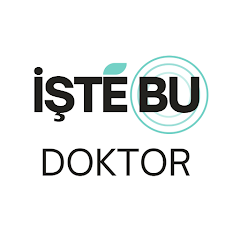The effect of glutamine on oxidative damage in an experimental abdominal compartment syndrome model in rats
Abstract
Background: The aim was to investigate whether or not glutamine, an antioxidant effective amino acid, improves the reperfusion-induced oxidative injury of abdominal hypertension.
Methods: Wistar Albino rats were used. Group 1: Abdominal compartment syndrome alone: With the rats under anesthesia, intraabdominal pressure was obtained. Three days later, the rats were sacrificed, and intestine, lung and liver samples were removed for determination of tissue malondialdehyde (MDA) and glutathione (GSH) levels as oxidative injury parameters and of myeloperoxidase (MPO) activity as an inflammatory parameter. Trunk blood was analyzed for the alanine aminotransferase (ALT) and aspartate aminotransferase (AST) levels. Group 2: Abdominal compartment syndrome and glutamine: intragastric glutamine was given for seven days before and three days following establishment of the abdominal compartment syndrome model. The same examination procedure was then performed. Group 3: Glutamine administration alone. Group 4: Control group.
Results: Intraabdominal pressure significantly increased the intestine, lung and liver MDA levels and MPO activities in comparison to the control group. Glutamine was associated with decreased MDA levels and MPO activities and increased GSH levels.
Conclusion: Glutamine appears to have protective effects against reperfusion-induced oxidative damage via its anti-inflammatory and antioxidant effect.

